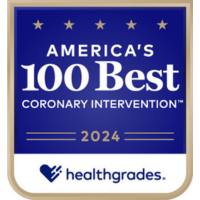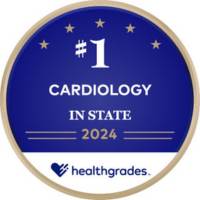Saint Vincent Hospital Sleep Center Medical Director Offers Tips for Healthy Adjustment Changing Clocks to Daylight Savings
Nov 1, 2023Worcester, MA ― It’s almost time to set your clocks behind one hour for daylight saving time this Sunday, November 5. Even though you gain one hour of sleep, that reset to the time and your internal clock can cause some moderate issues with your sleep cycle, such as difficulty adjusting to a new wake-up time.
Board Certified in Neurology and Sleep Medicine, Dr. Anthony Izzo, Medical Director of Saint Vincent Hospital’s Sleep Center, shares six tips to help your body adapt to a changed circadian rhythm faster and more efficiently.
Sleep Specialist Tips for Time Change
- Shift bedtime. Gradually adjust your sleep schedule. Start shifting bedtime 15-30 minutes earlier every night for a week leading up to the spring clock change. Do the same for your wake time. This can help your body adjust more smoothly.
- Avoid napping. Resist the temptation to take a nap during the day to make up for lost sleep. This can throw off your sleep schedule even further and make it harder to fall, and stay, asleep at night.
- Practice healthy sleep hygiene. Make sure your sleep environment supports good sleep. Keep your bedroom quiet, dark, and cool. Avoid screen time (phone, computer, TV) for at least an hour before bed. Establish a relaxing bedtime routine in dim light to signal to your body that it's time to sleep.
- Get some morning sunlight. Exposure to sunlight in the morning can help reset your circadian rhythm and make it easier to fall asleep at night. Try to get outside for at least 15-30 minutes each morning or sit by a sunny window if you can't go outside.
- Be patient. It can take some time for your body to adjust to the fall clock change. Don't get discouraged if you're still feeling out of sorts after a few days. Stick to your new sleep schedule and be patient - your body will eventually adapt.
- Try low-dose melatonin. Low dose melatonin (1 mg - 3 mg) taken 60-90 minutes before your intended bedtime can help your body readjust to the clock change. It's best used in the short term. So once your body's clock adjusts to your new schedule, stop taking it. It's most helpful when used in combination with the above five tips.



 This distinction places us in the top 5% of hospitals nationwide for coronary intervention.
This distinction places us in the top 5% of hospitals nationwide for coronary intervention.